Council tax rises 'fail to stop care cuts'
- Published
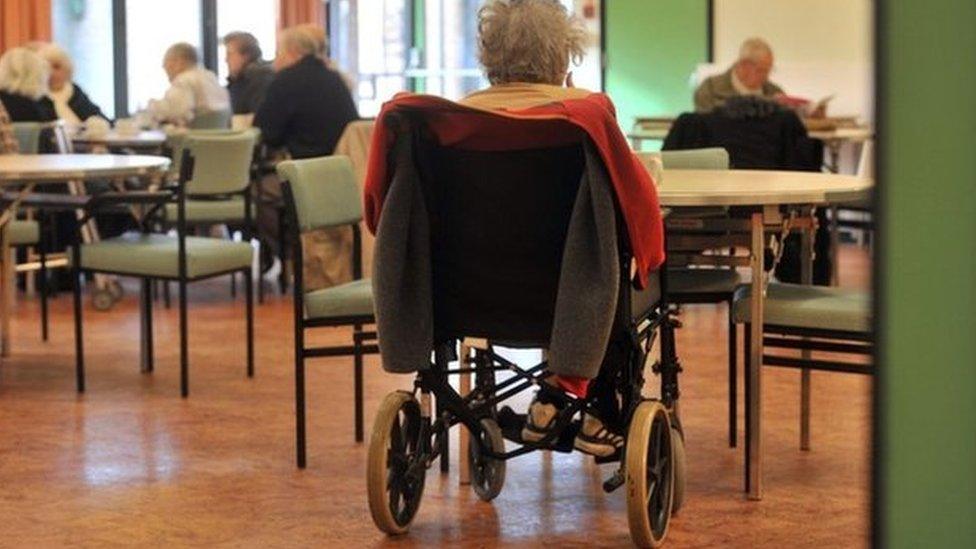
Care services are facing cuts this year as rises in council tax have failed to plug the gaps in budgets in England, town hall chiefs are warning.
The government allowed councils to increase council tax by 2% this year to spend on care - and most have done so.
But, according to a survey of all 151 social care directors, there is still a shortfall of nearly £1bn.
The Association of Directors of Adult Social Services said councils had no option but to reduce the services.
Directors in charge of care for older people and adults with disabilities indicated in the annual survey only about half of this shortfall could be met by efficiency savings.
Instead, they said, 39% of the shortfall would have to be covered by cuts to services, with those provided to the elderly most at risk.
This could lead to day centres being closed, fewer hours of help being provided in people's homes and an increase in rationing resulting in a cut in the number of people actually getting services, the ADASS said.
The rest of the savings will be met by other measures, such as increasing the fees people are charged - unlike with NHS services, people can be asked to make a contribution to the care they get.
ADASS president Harold Bodmer said: "We have been arguing for some time that adult social care needs to be given the same protection and investment as the NHS. Services are already being cut, and the outlook for future care is bleak.
"We are at a tipping point where social care is in jeopardy."

The care system

Social care covers the services run by councils, although often provided by external companies, for the elderly and people with disabilities
It includes care homes, nursing homes and the support provided to people in their own homes, as well as day centres and meals-on-wheels services
The system is means-tested so only people with the least wealth get support - and even then they may be asked to contribute towards the cost of their care
The numbers getting help fell by 28% between 2009-10 and 2013-14, to 1.27 million
An estimated 1.5 million older people with care needs rely on family and friends for help

The funding councils get from ministers for services has been cut this year.
But, to help protect social care in particular, Chancellor George Osborne gave them permission to raise council tax by up to 2% if the income was to be used for care services.
He said this would put the sector on a sound financial footing after years of budgets being squeezed.
But the ADASS survey indicates that despite 95% of local authorities raising council tax, there is still a shortfall in the budget.
Directors said £13.8bn had been set aside for social care in 2016-17 - a 1.2% increase in cash terms on the previous year.
Another £5.9bn is expected to come in from other sources, such as fees people pay and the Better Care Fund, a separate pot of money largely funded by the NHS, to which councils have access.
But that still leaves the sector £940m short, the survey indicates.
ADASS said this was because of the increasing pressures from the ageing population and the cost of meeting the National Living Wage, which was brought in in April and is estimated to cost councils more than £600m this year.
Richard Humphries, of the King's Fund think tank, said the findings should be of "huge concern".
But a Department of Health spokeswoman said the council tax precept would raise more money in time - local authorities can increase it by 2% each year this Parliament.
She added: "We know that protecting services while delivering the necessary efficiencies is challenging which is why we are working with local government to support councils to make savings."
- Published9 December 2015
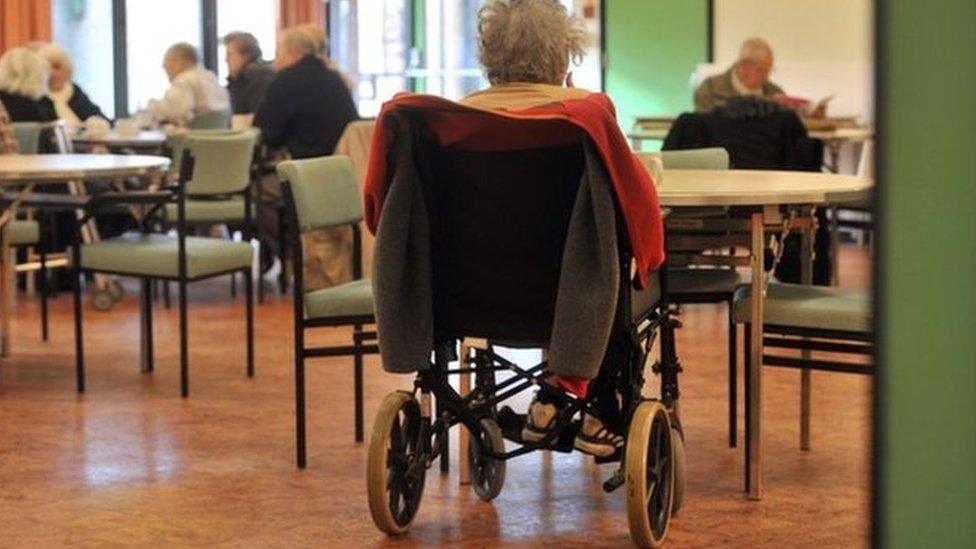
- Published9 December 2015

- Published19 November 2015
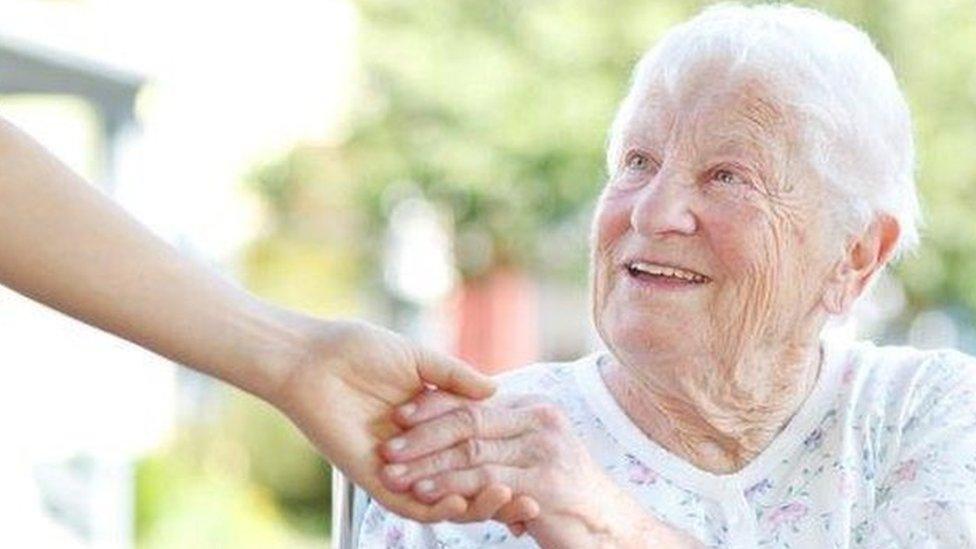
- Published7 October 2015
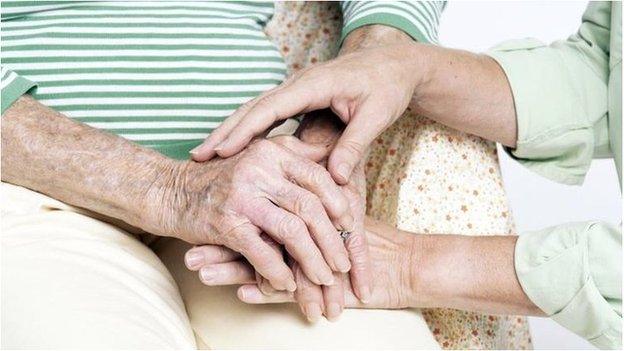
- Published17 July 2015
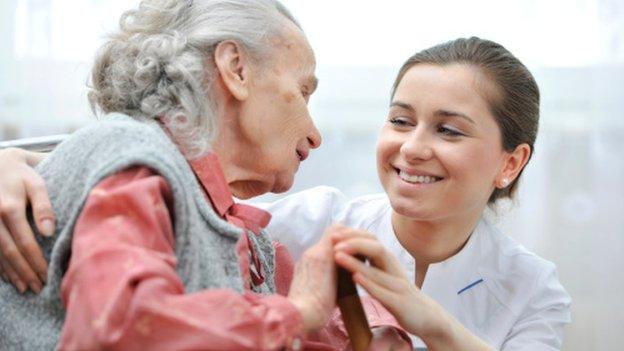
- Published28 July 2015
